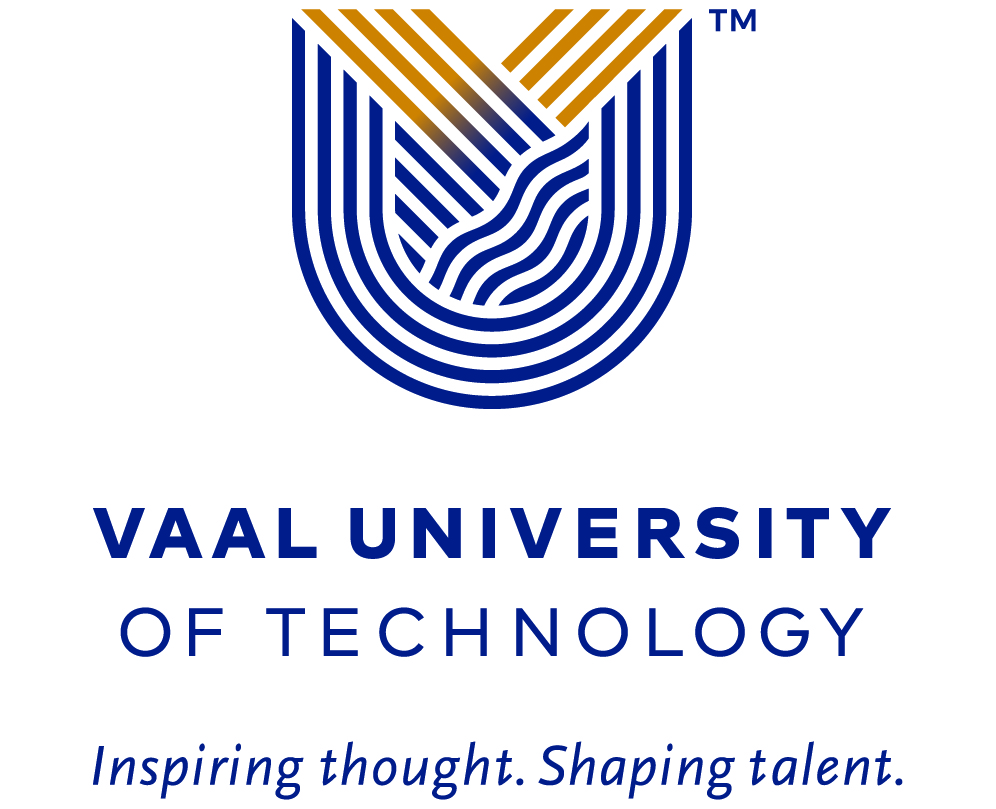Democracy is not what we fought for, but a road towards what we fought for
"The contestations taking place in the political environment, the infighting, the pulling back and forth...The tensions that we see between the younger people and adults; what we narrowly name the fees must fall movement, xenophobic attacks and many other things lead us to pose the question: What is South Africa now, and where are we heading as a country?" said Professor Siphamandla Zondi in his talk, titled: Breaking bread with OR Tambo and Steve Biko: The Question of Mzansi. He was speaking at the Human Rights Colloquium, held in partnership with the Department of Arts and Culture (DAC) and VUT's Social Justice and Transformation Department, at the university's Desmond Tutu Hall on 10 March.
The uniqueness of the venue is that VUT is located just 4km away from Sharpeville, a township historically known for the 1969 massacre which is annually commemorated in the month of March. Entitled: The Year of Oliver Tambo: Unity in Action in Advancing Human Rights, the colloquium served to remind all South Africans to celebrate 20 years of our progressive Constitution. Furthermore, it aimed to sensitise society about Human Rights Day which commemorates the selfless fight for human rights by many of our liberation struggle stalwarts including OR Tambo and Steve Biko.
The official discourse is that, as a country, we have arrived despite us being such a young democracy. We are living in a free and fair society, we share equal rights and have access to all we need as a people. However, Professor Zondi's talk provided a refreshing and eye-opening view. Making reference to and quoting Antonio Gramsci's observations on transition in relation to a country that has suffered a terrible past and is moving towards a better future, he said: "The old is struggling to die (referring to the apartheid system and inequality); the new is struggling to be born (actioning equality, freedom for all). In between the two stages I suffer symptoms of transition, like symptoms of transition from childhood into adulthood. These are the symptoms suffered by Mzansi today.
"What we're grappling with in every sector of society today, is the need for us to answer, what is SA now, and what will it be in the future? While many people live in freedom, there are many more who are suspended between freedom and domination."
He said the answer to where we're headed as a country could be found in the visions once shared by Oliver Tambo and Steve Biko: "These should give us an indication of what South Africa should be mirroring."
"The state in which we currently find ourselves is one where nothing is ever fixed or certain. Our country and even more-so the concept of human rights, is in a state of flux. Democracy is not what we fought for, it is a road towards what we fought for. It begs the questions: which human rights? Whose human rights? Whose ideology are we are using to determine these human rights and what do we mean about human rights? If we had to invite Biko and Tambo to share their views on human rights today, they'd probably come with very different, yet interesting, perspectives," he said.
Dr Abraham Serote, Director of Social Cohesion at DAC, said South Africa is a divided country. Lately there have been questions raised around our human rights and the efficacy of the Constitution, a question of the relevancy of its text, given the context of South Africa as a developing state. He said, with all of these questions raised about our Constitution and the current reality of social divisions, it is important and necessary that we meet regularly to remind ourselves of the pledges and the visions of our forefathers who were at the forefront of bringing this Constitution to us. We also need to discuss what specific responsibilities the Constitution imposes on us as a people, because it is not just about the exercise of rights but the responsibilities that these rights impose.
Yasmin Sooka, Executive Director of the Human Rights Foundation, said the challenge facing South Africa is ensuring that the Constitution works for all and not just for some. A large portion of the wealth of this country is owned by the minority and only a minimal portion of black South Africans have access to wealth and tertiary education. Sharing her views on issues such as racism and how education must be decolonised, she said it is not an accident that this country is met with so many violent protests for service delivery and access to quality living standards. This country has gained political freedom yet has very little economic freedom - we need to prioritise human rights such as education and employment.
A series of dialogues and special ceremonies within the context of human rights will be held throughout the month of March to celebrate and honour the heroes who helped shape South Africa into becoming the society it is today.
